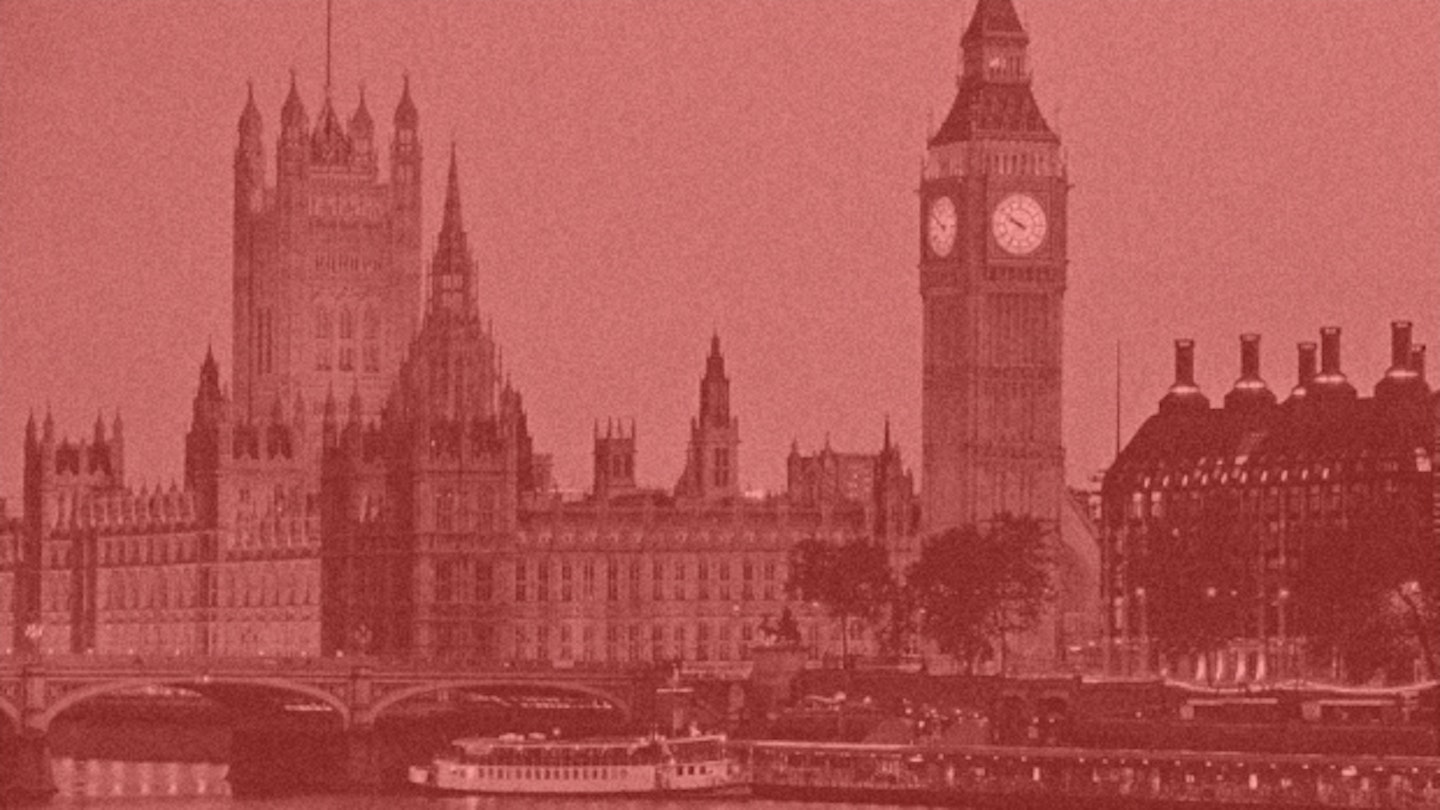‘When I first started working at Parliament, I was warned by the boss to keep certain other MPs at arms length because he “didn’t trust” them or “knew what they were like",' Christina*, a former researcher explains to The Debrief. ‘The fact that he had to warn me shows you how rife sexual harassment is in parliament.’
Christina listened to her boss’s advice, but that didn’t stop her from having a pretty creepy experience with an MP, who thought he could get away with some pretty untoward behaviour. She reveals, ‘My worst experience was when I went into a male MPs office around Christmas time with some other male colleagues. Somebody opened a bottle of champagne and then suddenly one of the MPs took his trousers off right in front of me. It was all suggestion and bravado, but it made me feel incredibly uncomfortable. For a long time I felt like I had done something wrong and I questioned myself for putting myself in that position – to be drinking with a male colleague in his office at 6pm at night – but he was in a position of power and he thought he could just get away with that behaviour.’
Listening to what she has experienced, is it any wonder that Christina is completely unsurprised by the news, released last night, that a third of young aides have been victims of unwanted sexual attention from drunken MPs? In a shocking new investigation aired last night on Channel 4 news, it was alleged that a small group of MPs have regularly become drunk and made passes at young members of staff and young male staff in particular. The report coincided with the end of Nigel Evans’s trial, which shone a light on the sexual politics at play at parliament. The MP has been cleared of all nine charges of rape and sexual assault, but the former commons deputy speaker has admitted to his involvement with a man 33 years younger than him, who had previously done work experience with him. The case has showcased the questionable sexual politics at play in Westminster.
‘I’d say that it’s particularly a problem with young male members of staff,’ Christina explains. ‘For whatever reason, there are a lot of young, good-looking gay guys working in parliament at the moment and some MPs just think they can get away with advancing on them sexually – whether invited or not – because the culture permits it.’ Even though the problem seems to be particularly acute with young men, Christina also admits that female aides and researchers are also at risk of unwanted sexual attention. ‘There was one guy in particular who would invite girls into his office for a “coffee and a biscuit” as a way to lure girls in,’ she explains. ‘He would then be incredibly suggestive and would even try and basically feel them up.’
If the sexual harassment was so blatant, why does Christina think it was allowed to continue? ‘Some girls probably didn’t say anything because they didn’t want to harm their careers,’ Christina explains. ‘But I’m also sure that people wanted to report MPs and were unable to because there was absolutely no mechanism for redress. There’s no HR, you’re governed by these tiny microcosm-like offices which feel like they are laws unto their own. It would be very difficult to know how to report it.’
The report pointed to booze culture of parliament as a possible fuel for the culture of sexual harassment, does Christina agree? She says, ‘I think the booze culture was an issue, but I think that’s really scaled down recently. I don’t think MPs are half as likely to go out and socialise in parliament as they would have done in recent years. It’s certainly changing. There used to be lots of bars in and around parliament, but it’s very segregated now. And, after the Nigel Evans case, a lot of MPs have been forced to take a long, hard look at their behaviour. It has been a massive wake-up call for how MPs should be conducting themselves.’
*Names have been changed
Follow Sophie on Twitter @sophiecullinane
This article originally appeared on The Debrief.
